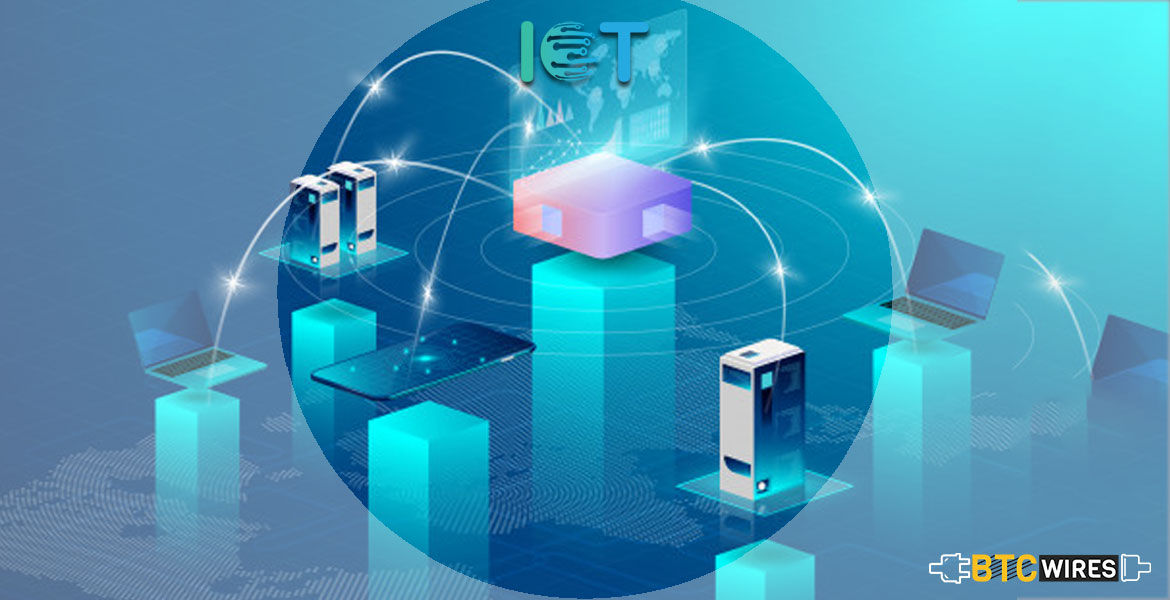Internet of Things (IoT) and blockchain technology are set to

Internet of Things (IoT) and blockchain technology are set to revolutionize the world. These are two equally exciting technologies which are still in their infancy. At first glance, it seems that both of these technologies have nothing to do with each other but when these hot technologies will meet, some extraordinary things will happen. Although their true potential is not discovered until now but industry experts are working to find ways to leverage both the technologies at the same time.
As our lives become increasingly reliant on smart devices, IoT use is set to grow. According to a recent study by Forbes, the Internet of Things market will reach $267 billion by 2020. This huge growth rate shows that how much businesses and the general public are going to rely on the emerging IoT technology. Internet of Things and blockchain technology can be used together to create exciting new software solutions.
Benefits of integrating blockchain technology with the Internet of Things
Security
Security is the main selling point of blockchain technology. Currently, IoT applications rely on the client-server model to function which means that all devices are connected to a central authority which controls the network and data. Hackers can easily take control of that network and can steal data. Hackers can even access the webcams and speakerphones in users’ homes. Blockchain technology would prevent such attacks by removing any one point of weakness. When attacks target an individual node on the network, all the other nodes would resist any attempt to alter the data. The blockchain is a decentralized network where data is secured by cryptography. Blockchain is much safer than a traditional client-server model.
Improved transaction speed
Blockchain technology has the potential to increase the transaction speed. When transaction becomes more complex and each participant has to validate the transaction, here comes the role of blockchain technology which increases the transaction speed.
Reduced cost
With the implementation of blockchain technology, the cost of IoT network could be reduced significantly. Blockchain will help in removing the intermediaries and automating more complex transactions. Blockchain’s smart contracts automate the transaction without any human intervention while the current process of IoT is time-consuming and required human intervention.
Real-world IoT-blockchain applications
Self-driving cars
Self-driving car companies such as Google and Uber maintain a server which is necessary to run the self-driving cars. With the help of blockchain based service, any number of individuals can form an agreement to buy a self-driving care and to share the maintenance cost among themselves. The group can set their own rules and enforce them.
Community solar
In New York, there is an ongoing experiment to use the blockchain to record the production of solar energy. The experiment also enables the community to purchase excess renewable energy credits. People can share the maintenance cost and can trust that the device is recording actual solar production.
Shared homes
Smart contracts can control the ability to purchase or access the rental for coworking space. Like a vacation sharing service provider may require that the individual must have leased out space at least 5 times with positive reviews in order to rent another space on the network.
Companies around the world are looking forward to using the blockchain technology with Intenet of things. Some companies have even started their projects with the combination of IoT and blockchain. Korean industrial giant is backing IoT blockchain startup Hyundai Digital Asset Currency (HDAC); HDAC is creating its own blockchain which is specially designed for IOT.

